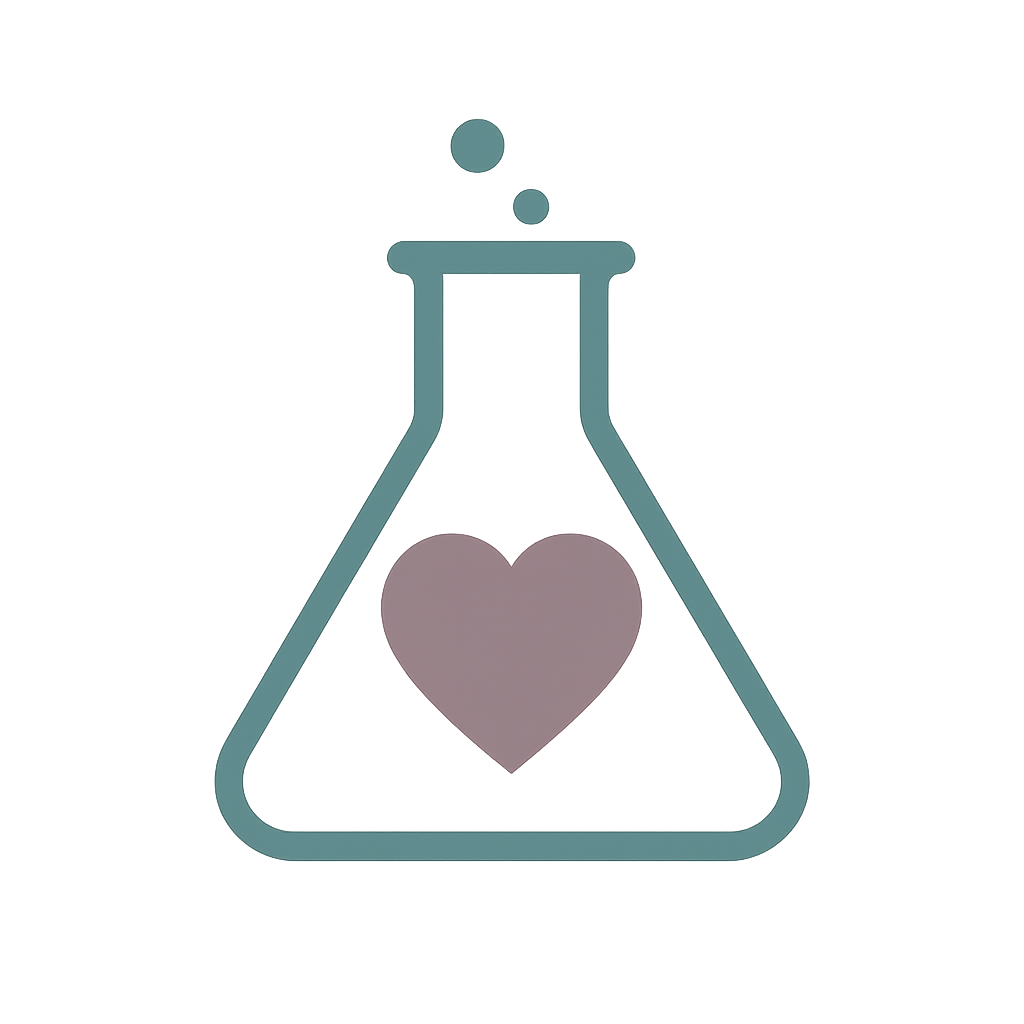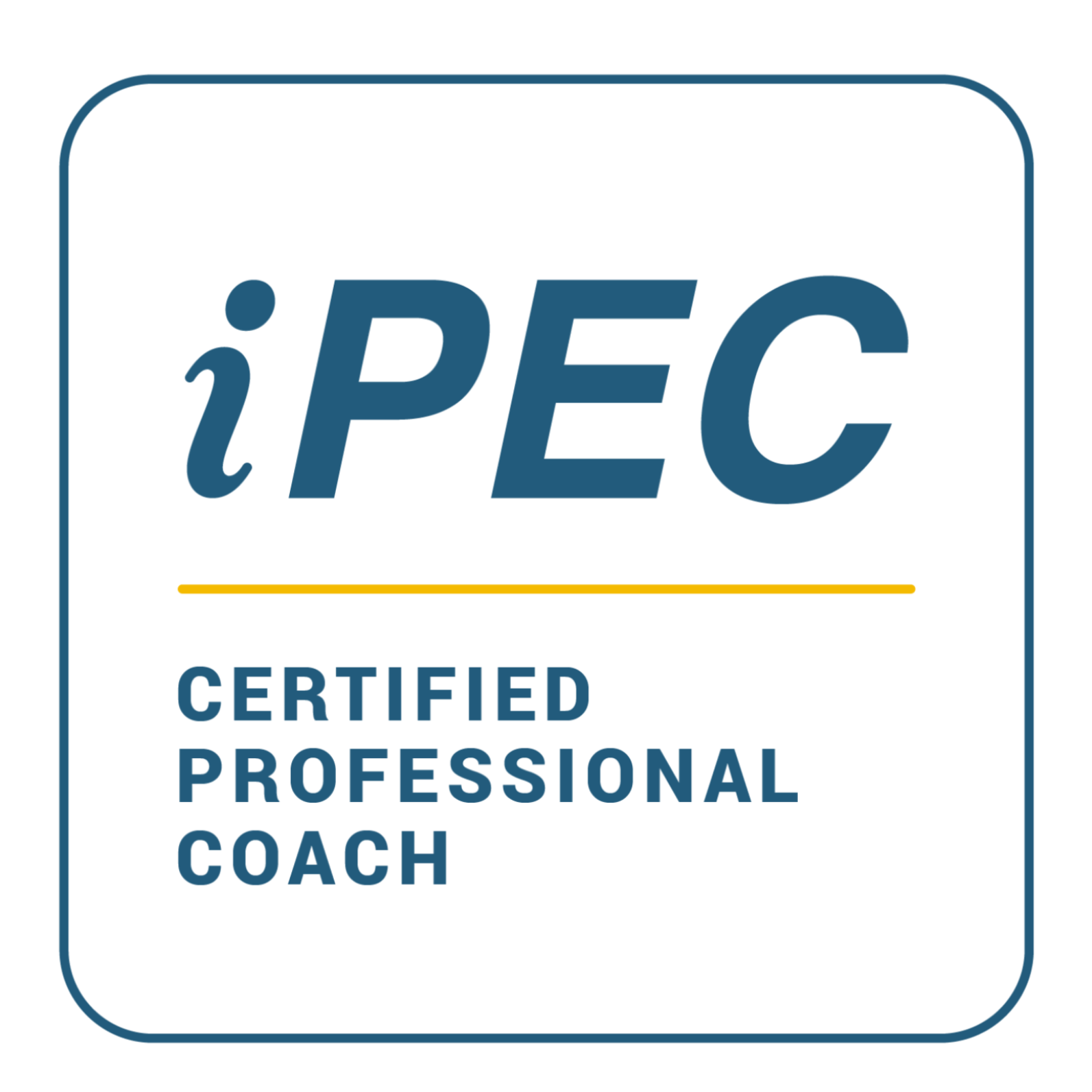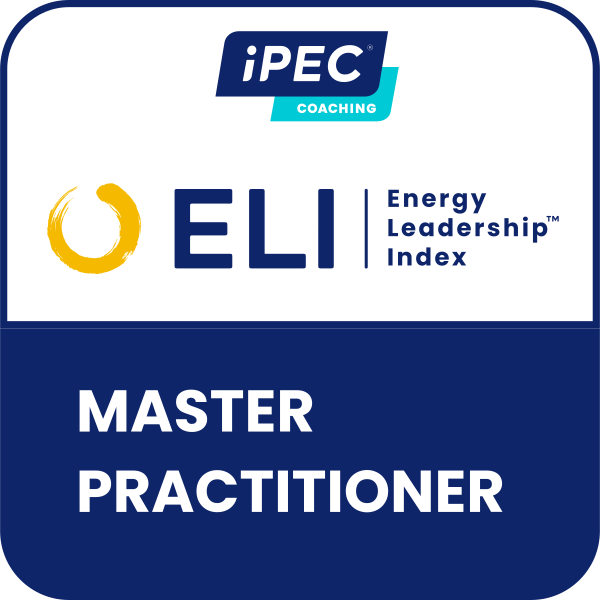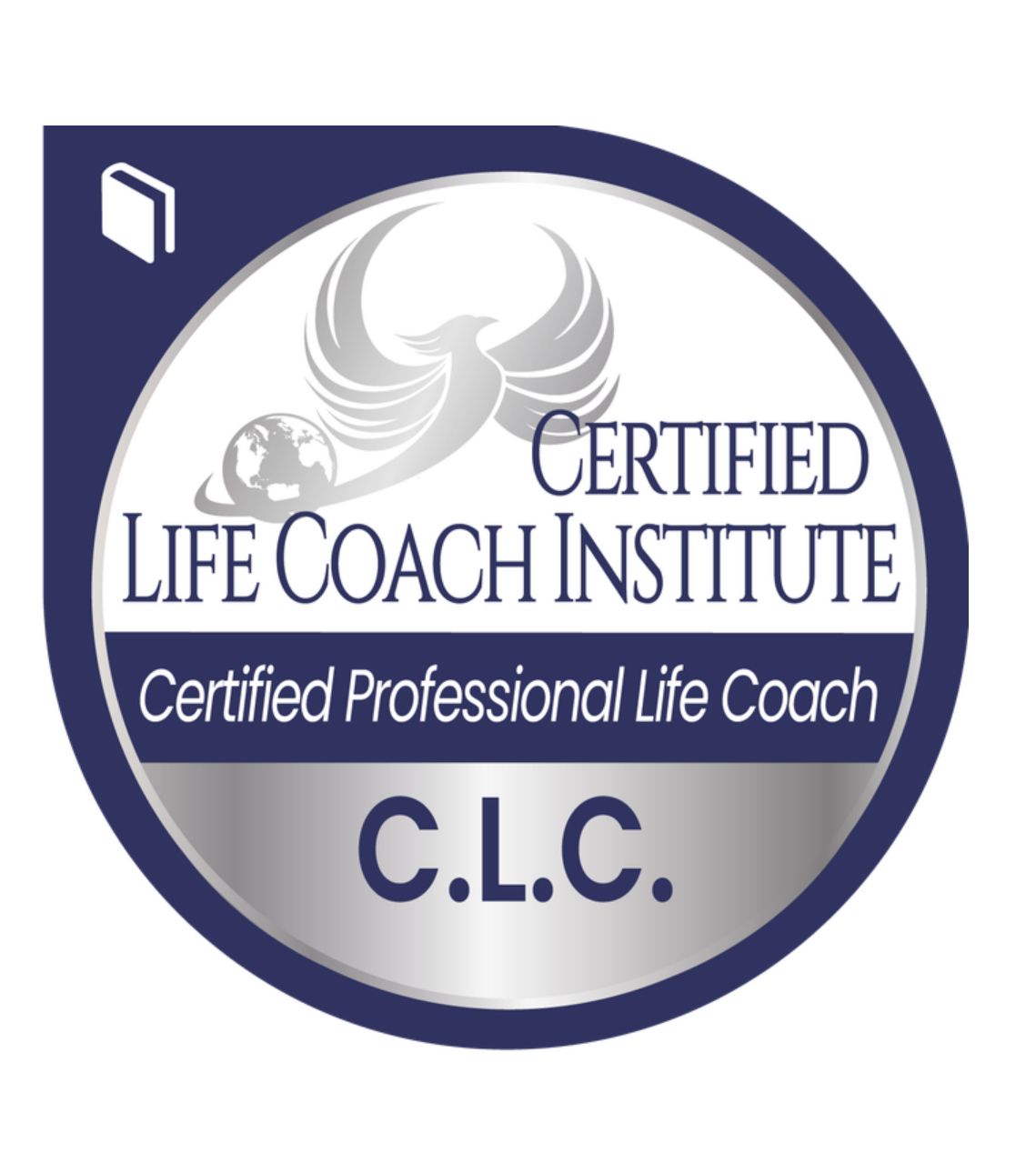
Origin wounds are the emotional scars from our early life experiences that shape how we relate to others in our romantic relationships. These wounds, which often stem from childhood experiences like neglect or rejection, can influence our behaviors and reactions as adults. Recognizing and addressing these wounds can help us build healthier and more fulfilling relationships.
Everyone carries some form of origin wounds; it's a natural part of being human. For instance, a child who felt overlooked might grow up feeling insecure about their worthiness of attention or love. As adults, these feelings can manifest in relationships through heightened reactions to perceived neglect or a constant need for validation. If one partner reacts strongly when they don't receive immediate responses to texts, it may be tied to past experiences of feeling abandoned or ignored. Understanding this can help both partners approach such situations with empathy rather than frustration.
Similarly, people with origin wounds related to self-worth might find themselves seeking frequent reassurance from their partners. This can place extra pressure on the relationship, making it important for partners to communicate openly about their needs and boundaries. If one partner feels they must constantly affirm the other's value, it can lead to stress and potential resentment. Recognizing that these needs often stem from deeper emotional wounds rather than the partner's actions alone can help alleviate tension.
Intimacy and vulnerability can also be affected by origin wounds. For example, someone who experienced emotional neglect as a child might struggle with trusting or fully opening up to their partner. This hesitance can create distance in the relationship, making it harder to build a close, emotionally connected partnership. Communicating openly about these struggles can help both partners understand and navigate these challenges together.
Communication is key in addressing origin wounds. By being open about one’s emotional triggers and past experiences, partners can foster a more supportive and understanding relationship. Instead of reacting defensively to feedback or criticism, try using “I” statements to express how certain actions affect you. For instance, saying, “I feel insecure when I don’t hear from you,” can open up a dialogue without placing blame.
Setting healthy boundaries is also important. Boundaries help ensure that both partners’ needs are respected and that emotional balance is maintained. If one partner needs time to process their feelings, clearly communicating this need can help both partners manage their emotions more effectively. It’s perfectly normal to need personal space or time to handle emotional responses.
Sometimes, seeking professional support can be a helpful step. Relationship Coaching provides a space to explore and understand these origin wounds more deeply. A Relationship Coach can offer guidance and strategies to manage emotional triggers and improve relationship dynamics.
Ultimately, recognizing and addressing origin wounds is about mutual growth. By understanding each other's emotional backgrounds and working through these challenges together, couples can strengthen their connection and create a more supportive and fulfilling relationship. Embracing each other’s vulnerabilities and supporting one another in healing can lead to a deeper and more resilient partnership. Understanding that everyone has these wounds and working through them together can make the journey of building a strong relationship both manageable and rewarding.
At Love Prescriptions, The Relationship Institute, we dive into the deep inner healing work through our digital courses and coaching offers. Our success stories speak to the transformative power of this work. Book a free 30-minute discovery call to inquire about your own transformation.
At Love Prescriptions, The Relationship Institute, we dive into the deep inner healing work through our digital courses and coaching offers. Our success stories speak to the transformative power of this work. Book a free 30-minute discovery call to inquire about your own transformation.




